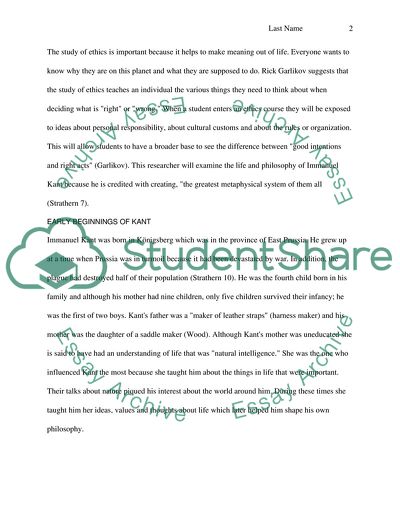Cite this document
(Kant: Self-Determination in the Age of Reason Assignment, n.d.)
Kant: Self-Determination in the Age of Reason Assignment. https://studentshare.org/philosophy/1725263-immanuel-kant-ethical-theory
Kant: Self-Determination in the Age of Reason Assignment. https://studentshare.org/philosophy/1725263-immanuel-kant-ethical-theory
(Kant: Self-Determination in the Age of Reason Assignment)
Kant: Self-Determination in the Age of Reason Assignment. https://studentshare.org/philosophy/1725263-immanuel-kant-ethical-theory.
Kant: Self-Determination in the Age of Reason Assignment. https://studentshare.org/philosophy/1725263-immanuel-kant-ethical-theory.
“Kant: Self-Determination in the Age of Reason Assignment”. https://studentshare.org/philosophy/1725263-immanuel-kant-ethical-theory.


